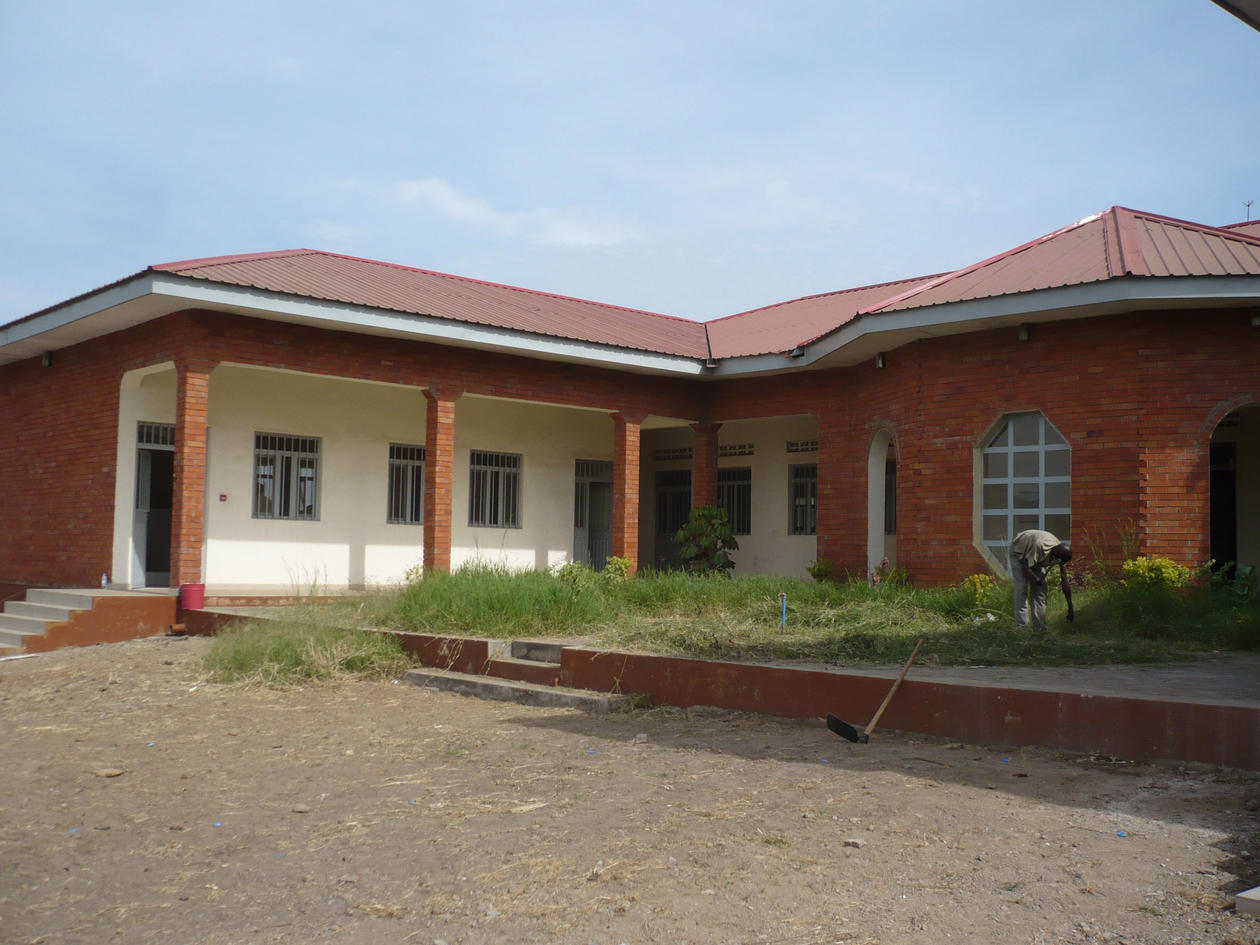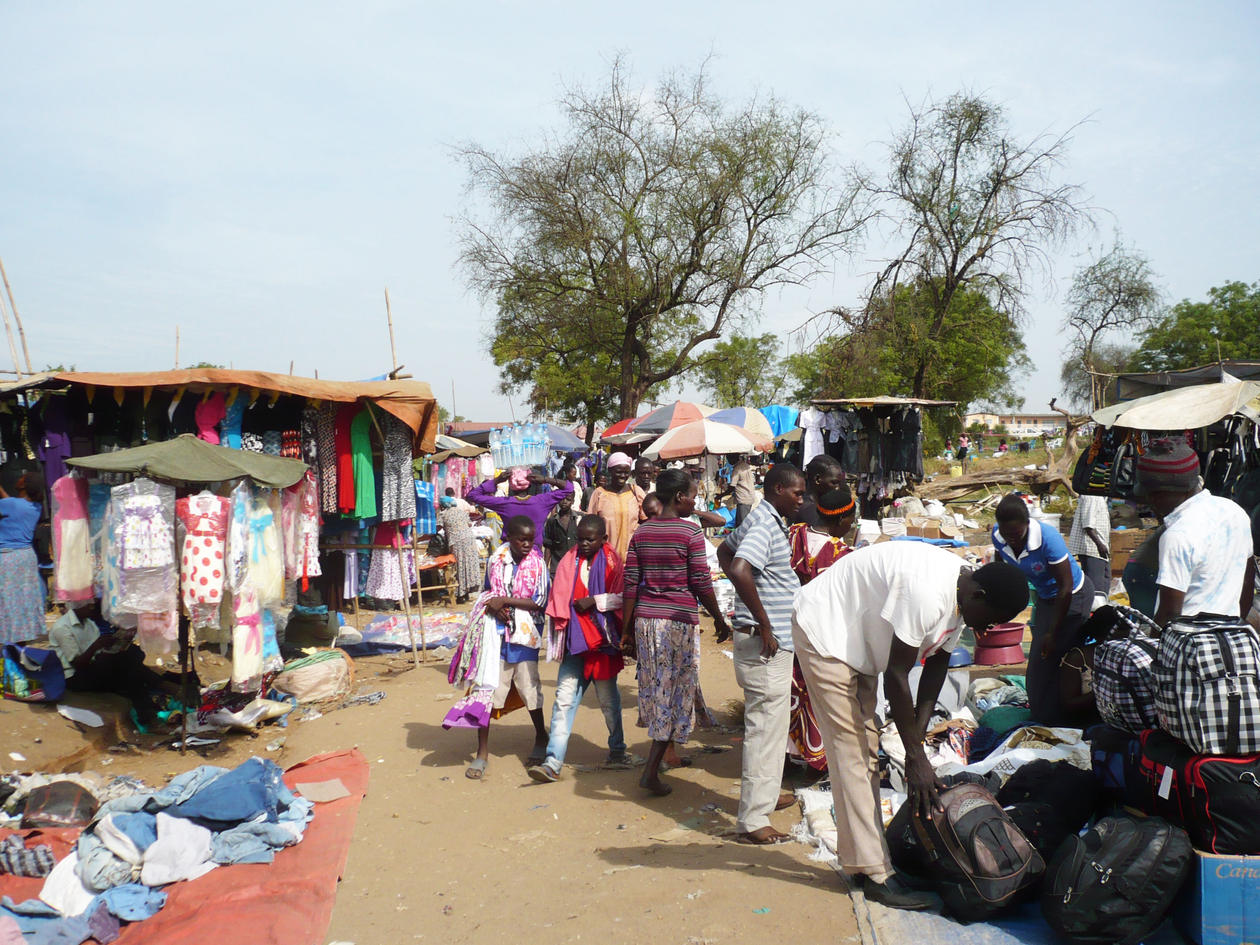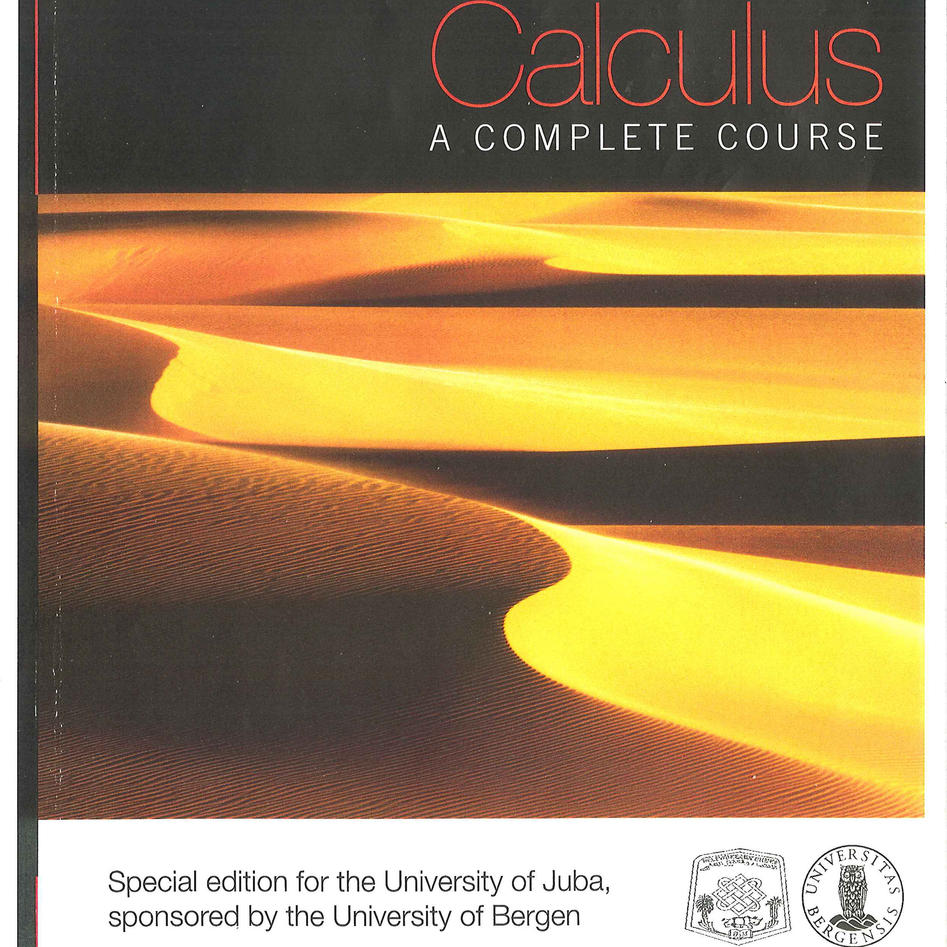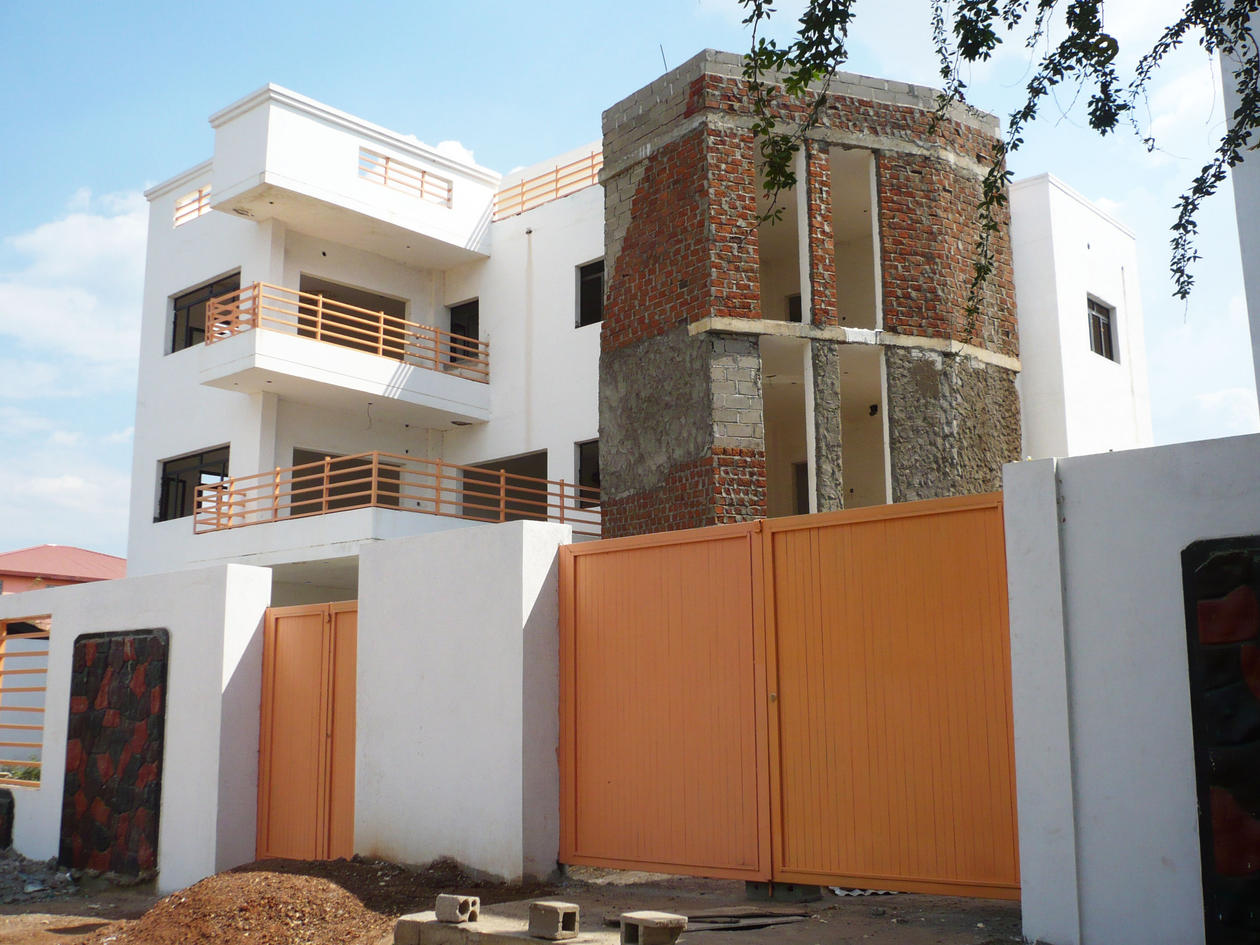Providing a Special Edition Math Book for South Sudanese Students
By making a deal with a textbook publisher, professor Tor Sørevik at UiB found a way to empower South Sudanese students in difficult circumstances.
Hovedinnhold
Since the beginning of 2008 Professor Dag E. Helland at the Department of Molecular Biology (UiB) has led the project “Teaching basic sciences in laboratories and by field studies”, which aims to improve teaching capacities at the University of Juba in South Sudan. The project is part of the NUCOOP programme, funded through Norad.
Extensive construction projects
– We have also built a laboratory and a guesthouse. Our philosophy is that it should be as cheap as possible to stay there, so that project funds are not spent on expensive hotels. Knut Olav Daasvatn at Department of Molecular Biology has played a central role in organizing the construction work, says Professor Helland.
All eight departments at the Faculty of Mathematics and Natural Sciences are involved in the collaboration with the University of Juba. They have contributed to the construction of biology and chemistry laboratories, computers and communications laboratories, as well as a geology laboratory. The latter includes a seismology station measuring earth quake activities and mobile instruments to monitor UV irradiation and meteorological parameters.
Providing basic textbooks
Professor of mathematics Tor Sørevik got involved in the project when he heard that the University of Juba lacked basic textbooks in mathematics:
– The publishing house Pearson launch new editions of the book “Calculus” very often, even though very little of the content changes. So I asked them whether they could send me some of the remaining copies of the old edition to send to Juba. The publisher then offered to do a special edition containing the chapters I wanted. We got it printed in paperback and black and white to keep the costs down. I then went to Dag, who found some money to print five hundred copies, says Sørevik.
The shipment of the books was organised by Sidsel Kjølleberg at the Department of Biology. First and second year students in the natural sciences as well as in medicine will use them.
– Received with great enthusiasm
Professors Helland and Sørevik travelled to Juba for one week in the beginning of December, to teach classes in medical virology and mathematics.
– The book arrived while I was there, and it was received with great enthusiasm, says Sørevik, who cautions that there remains work to be done.
Teachers and students are faced with infrastructural problems such as power outages:
– In three of the four classes I taught there was no electricity to power the projector. The first time the electricity came back, the second time we moved to another part of the campus, while the third time we had to do without the projector, says Sørevik.
– The big project has been to construct a lab, a library and a guesthouse. But we must not underestimate the importance of infrastructure. A lab with no electricity or clean water cannot be used optimally. Therefore the project must be continued, to strengthen the infrastructure, says Sørevik.
The NUCOOP project period has been extended until 2013, when Helland and his colleagues will apply for funding from Norad’s NORHED programme. They have received NOK 250,000 as seed money to write the application for future collaboration activities along the same strategy.



